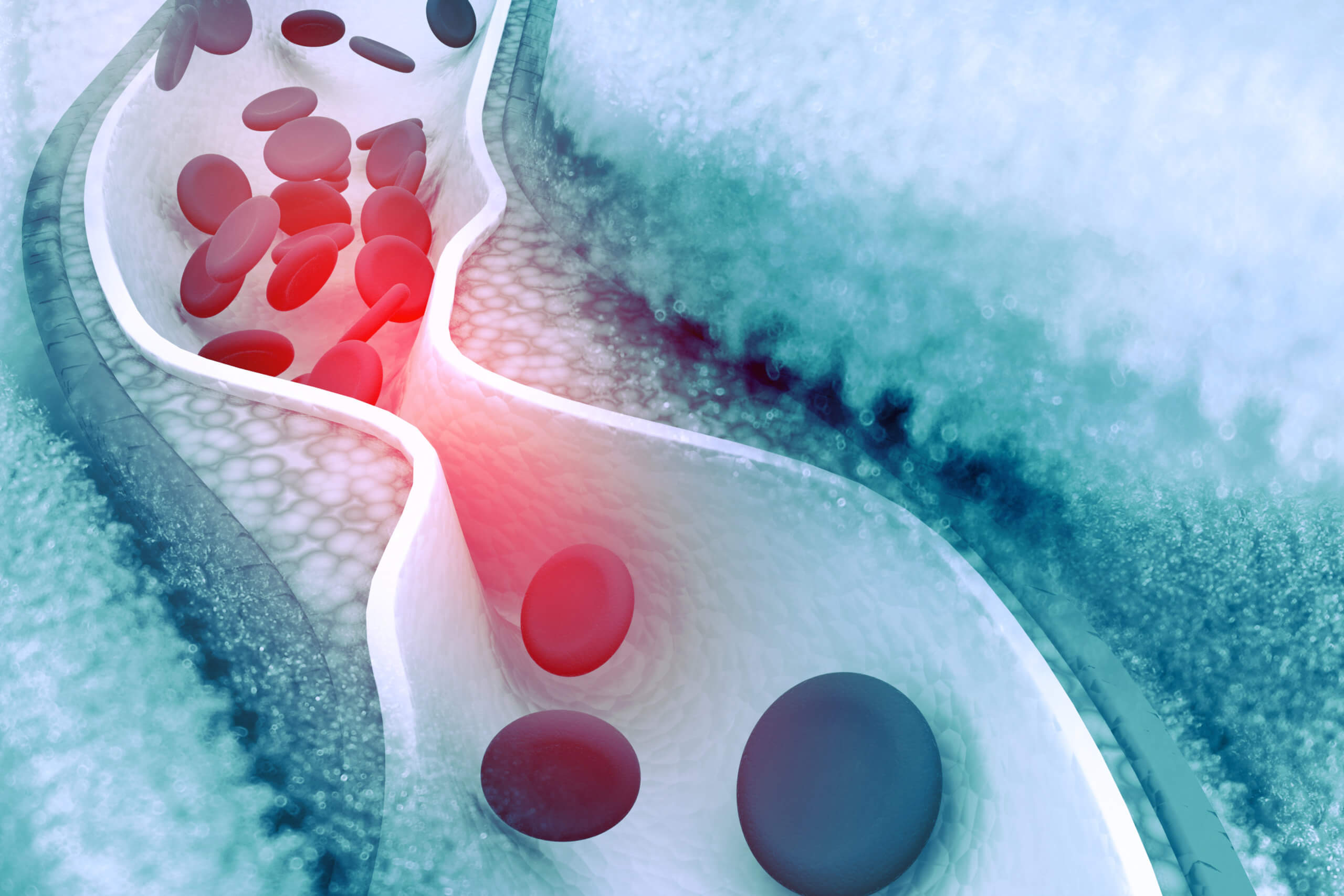Scientists have long-understood that diets high in sugar and fat contribute to fatty liver disease. Adding onto this, new research suggests that excess cholesterol exacerbates the process as well.
Researchers from the University of Southern California’s Keck School of Medicine conclude that high-cholesterol diets can lead to abnormalities in immune cells implicated in fatty liver disease.
“We saw that you may have a high-fat and high-sugar diet, but when you add high cholesterol to that, it will accelerate the process that causes inflammation in your liver,” says corresponding author Ana Maretti-Mira, PhD, an assistant research professor of medicine at USC, in a statement. “People focus on high cholesterol as a risk for heart disease, but we showed that your liver may also be affected, causing inflammation, scarring and, potentially, cirrhosis.”
To conduct the study, the team fed mice a high-fat and high-sugar diet. They then split them into three different groups that would receive varied amounts of cholesterol for 20 weeks. The low-cholesterol group received a quarter of the cholesterol compared to medium, and the high-cholesterol group, which received 25 times more than the low group.
After 20 weeks, fat accumulated in the livers of mice across all three groups, which is the principal sign of developing of fatty liver disease. However, the high-cholesterol group had progressed much more, and the researchers noticed much more inflammation and scarring.
The team followed up with this by feeding all three groups low cholesterol foods, while keeping them on a diet high in both fat and sugar for 10 weeks. By the end of this period, the high-cholesterol mice appeared to have a great reduction in inflammation yet not scarring. This finding implies that damage from high cholesterol is difficult to reverse.
To delve deeper into immune cell function, the team used RNA sequencing to differentiate between genes activated in liver cells that harmfully contribute to immune response, and normal versions of these cells. Consistent with previous findings, genes linked to inflammation were activated by medium and high cholesterol diets, while genes linked to reversing it were activated by low-cholesterol diets.
The team concludes by drawing a clear connection between the diets they fed to mice and the typical American diet. “Our daily diet has lots of carbohydrates, such as sugary drinks, bread, rice and pasta,” says Maretti-Mira. “Then there’s high fat, since everybody likes deep fried foods. At the same time, we don’t have the same active life we used to, so we end up eating much more than our body needs.”
She explains that the important thing to do is consume nutritious foods as often as possible, and exercise to help clear fat from the liver. She doesn’t encourage complete cold-turkey on fried or processed foods you enjoy, but moderation is key.
This study is published in the journal Frontiers in Immunology.

Exactly what food did the researchers give the rats to increase their cholesterol? If it was commercial beef tallow or pork fat, there is an hidden cofounder in their research. These fats contain glyphosate. Glyphosate is a known antibiotic and can cause a “Leaky Gut.” A leaky gut will allow many unwanted things through the intestinal wall and into the blood stream and into the liver. It is possible their conclusion is totally bogus, just like the idea that cholesterol causes heart disease.